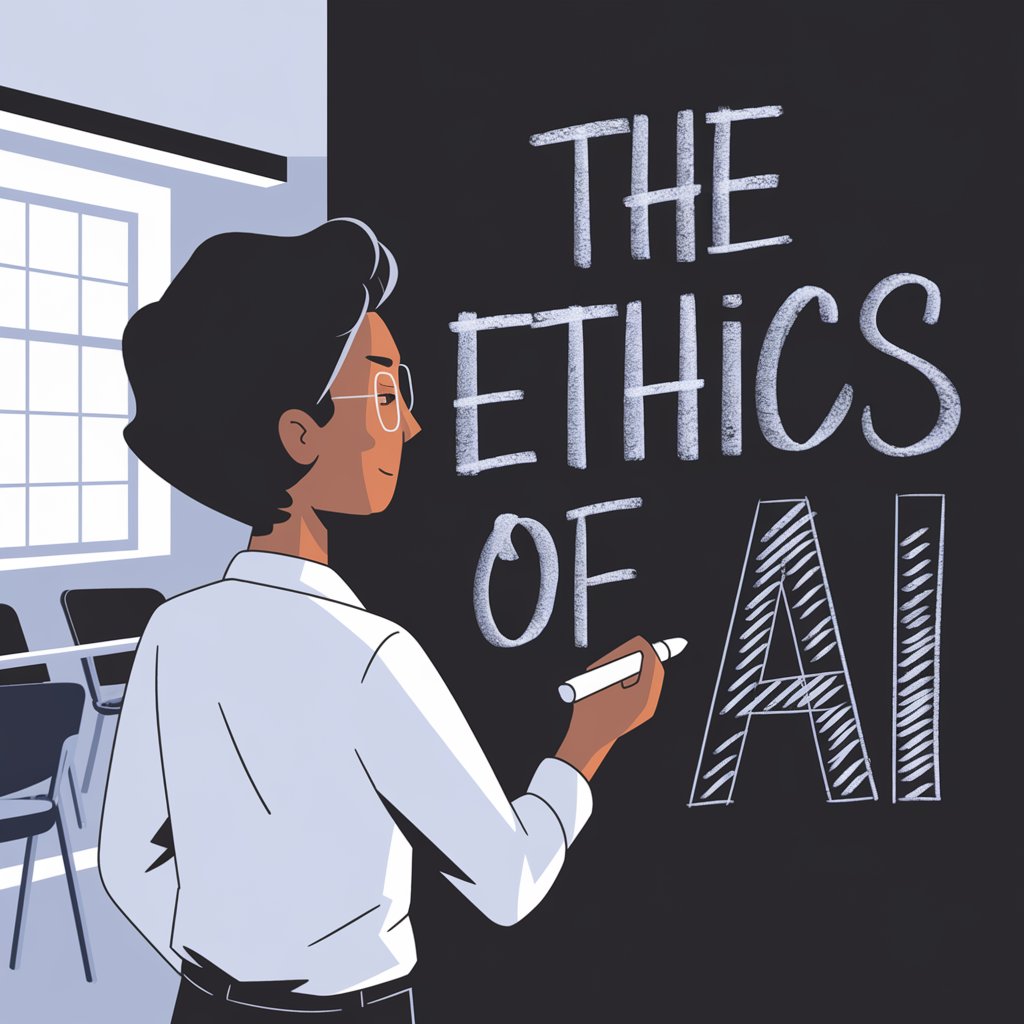The use of AI on sites like YouTube and Vulkan Bet is now part of our daily lives. There is no stopping, and there is also no slowing it down. The two things that go through people’s minds now are ethical standards and the right to privacy.
Breaches open AI developers and the platforms that use it to civil and even criminal liability. Consider consulting with a Web3 attorney specializing in AI to implement tactics to shield yourself from AI’s potential dark side.
Ethical Concerns
People would think that Artificial intelligence is merely a tool that makes work and business more effective. However, many of them fail to understand that AI has capabilities that can cross the line of ethics.
One good example of this is facial recognition. Companies use facial recognition to make judgments. However, AI is not as perfect as it seems. One study showed that it incorrectly identified 28 members of Congress as criminals, making it a tad unreliable.
How is this a problem? If the technology is used to identify people, it can be used for incorrect biases. In addition, Artificial intelligence can also provide misleading information.
Another potential problem is the medical diagnosis of a patient. Artificial intelligence is now being used in the healthcare industry, and it is a cause of concern. Here are some alarmingly possible problems:
- The diagnosis is wrong;
- The misinterpretation of the symptoms;
- Providing wrong medication;
- Lack of trust (some people would prefer to self-medicate rather than trust a machine).
The finance sector is also affected by the ethical conundrum. We are now in a stage where you can ask AI for information. Some people may use this information to make decisions, but what if the information is wrong? Who is liable for the consequences of these bad decisions?
Privacy Issues
Artificial intelligence will not work if it does not store data. One example of this is facial recognition. Many people use AI to activate this feature on their phones. This facial profile has to be stored somewhere.
So, what is the issue here? If this database gets hacked or leaked, people will use this information to perpetrate crimes. Just imagine if you use AI to drive. It stores information about your routine, the places you visit, etc. This information is enough to follow the person or know where he or she goes.
Privacy Principles
In this section, we will tackle the principles that developers must implement to ensure the ethical use of AI, and that human privacy is protected.
1. Human Oversight
The technology can think faster and better than a human, but it should never be left alone to operate without a human being. AI-based programs must have human oversight. In addition to this, the accountability must fall on human beings if something goes wrong.
2. Government Interference
Governments must legislate to control the use of AI and create legal standards. Right now, there may be data privacy acts that some governments enact, but these laws must be consistently updated and enforced to protect someone’s privacy. In addition, there must always be a way to check if these companies are complying with these standards.
3. Transparency
When companies create a program, they have to provide transparency to the public about what Artificial intelligence does. They should also provide the following information:
- The usage purpose of the technology and why they built it;
- The benefits of it in this particular case;
- The data it takes and this information is stored;
- The people who have access to the raw data.
Companies should also disclose how an AI makes a decision, or what information is used to make this decision. Information like this can help a user decide if Artificial intelligence is worth using. Also, companies must declare if there are new additions to the technology’s capabilities.
4. Diversity & Anti-Bullying
AI programs are machines that learn, and they do so at a fast pace. They are not simple programs anymore. Because of this, it can learn several things that are not ideal philosophically. Therefore, creators must program these machines to honour diversity and protect users from bullying and harm.
AI must be programmed to drive growth not only for a certain ethnic group, minority, or even majority. It has to be a tool that will help foster fair and sustainable development of all people from every background.
Companies that design AI must consider all these factors and create it with these things in mind. Artificial intelligence must be used to advance society, not as a tool to divide people or make others feel excluded.
AI ethics should not be any different than that of human practices. If a human cannot do something out of ethical standards, the same rules must apply to the technology. Since it is private institutions that create and improve AI, they have to take a proactive approach to building ethical and privacy standards.






